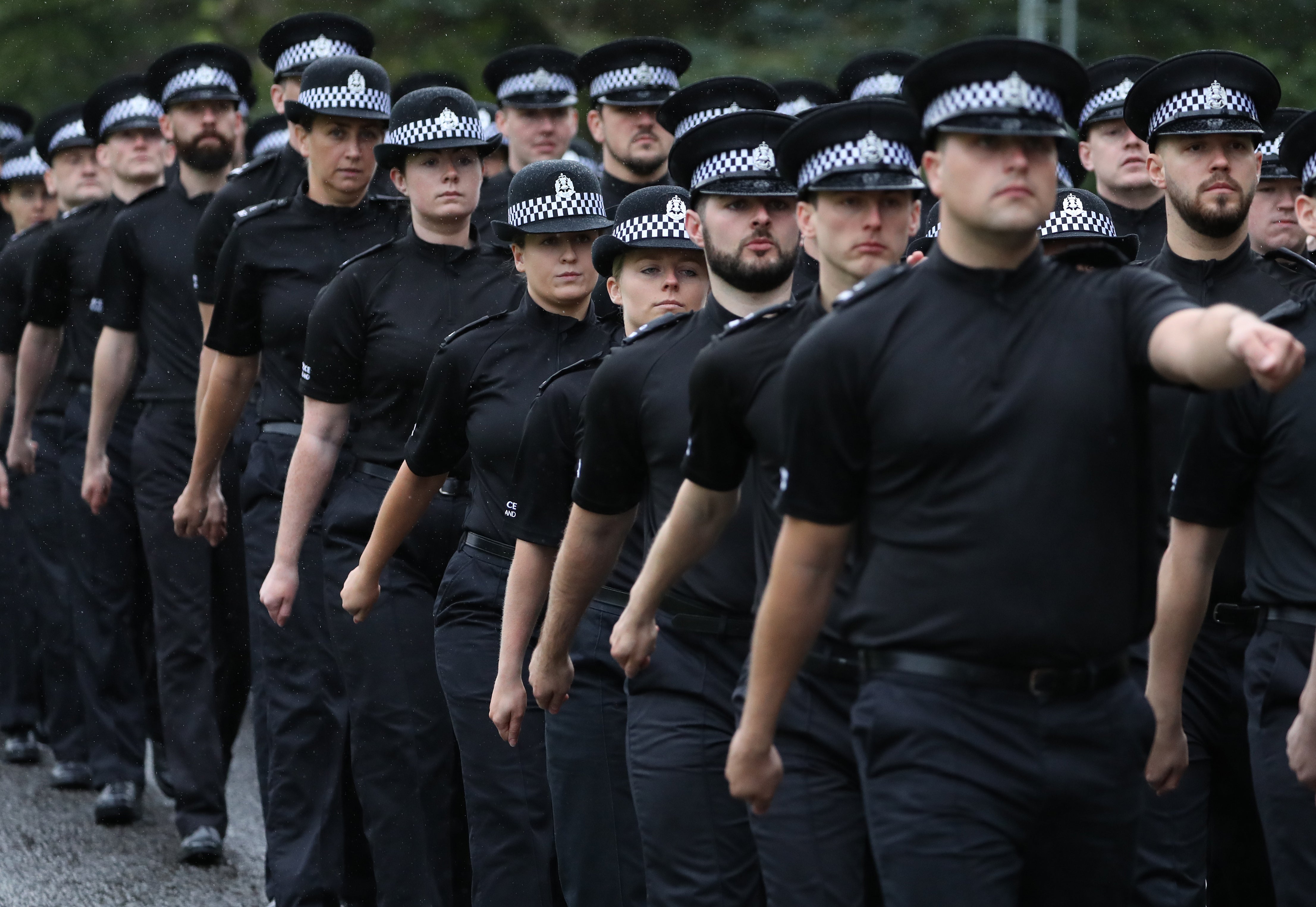Police Scotland to offer ID checks to concerned public after Sarah Everard case
‘The onus is on us, as a police service, to proactively offer this additional verification process’

Your support helps us to tell the story
From reproductive rights to climate change to Big Tech, The Independent is on the ground when the story is developing. Whether it's investigating the financials of Elon Musk's pro-Trump PAC or producing our latest documentary, 'The A Word', which shines a light on the American women fighting for reproductive rights, we know how important it is to parse out the facts from the messaging.
At such a critical moment in US history, we need reporters on the ground. Your donation allows us to keep sending journalists to speak to both sides of the story.
The Independent is trusted by Americans across the entire political spectrum. And unlike many other quality news outlets, we choose not to lock Americans out of our reporting and analysis with paywalls. We believe quality journalism should be available to everyone, paid for by those who can afford it.
Your support makes all the difference.Police Scotland have introduced lone officer “verification checks” in the wake of the murder of Sarah Everard.
Officers who are operating on their own have been told to proactively offer members of the public the option of asking for an ID check.
The check will involve the police officer’s radio being put on loudspeaker and a member of the control room staff confirming who they are. The main office staff will also confirm that the officer is on duty and explain the reason that the officer is speaking to the member of the public.
The changes come in the light of the Sarah Everard case, where serving Metropolitan police officer Wayne Couzens used his job status to con his victim into his car before kidnapping, raping and killing her.
Couzens used his warrant card to falsely arrest Ms Everard.
Police Scotland said in a statement on their website that they were introducing the new measures following “the understandable public concern surrounding the horrendous murder of Sarah Everard.”
Not only will on duty officers be told to offer ID checks, a member of the public can also request that a verification check be done, the force said.
They added that police officers normally work in pairs in Scotland and that it was very rare for a lone officer to approach the member of the public.
However the new rules are in place for the small number of times this does happen.
When the member of public speaks to a member of control room to check the officer’s identity, the control room will then create an incident number that can be displayed on the officer’s mobile phone or radio to confirm the details of the conversation.
Labour MP Jess Phillips reacted to the news, saying: “I appreciate Police Scotland being proactive and not expecting women to do the work, but the fact is that Couzens was a genuine police officer.”
But Christina McKelvie, an SNP MSP, was more postive, saying: “I think it’s rare for Police Scotland officers to act alone, in the event that they do this is a welcome recognition that the onus is on the police service to offer verification.”
On Friday, a former board member of Scotland’s police watchdog, Moi Ali, said that misogyny was still “alive and kicking” in Police Scotland.
Ms Ali, who resigned from her role in a row of transparency, said that women did not come forward with issues that they should have reported for fear that they would be “marked out” by doing so.
Deputy Chief Constable Will Kerr said: “Public confidence and consent is critical to our legitimacy, and our ability to keep our communities and citizens safe.
“The appalling circumstances of Sarah Everard’s murder have deeply affected people and many are now understandably concerned about verifying an officer’s identity.
“Police Officers will, of course, continue to approach any member of the public who appears distressed or vulnerable, to offer support and assistance.
“However, although it is rare for a lone police officer to have to speak to a member of the public in Scotland, we absolutely recognise our responsibility to introduce an additional means of verification to provide further reassurance to anyone, in particular women who may feel vulnerable, and who might be concerned if they find themselves in this situation.
“The onus is on us, as a police service to proactively offer this additional verification process to any member of the public who appears distressed, vulnerable or frightened.”
Join our commenting forum
Join thought-provoking conversations, follow other Independent readers and see their replies
Comments